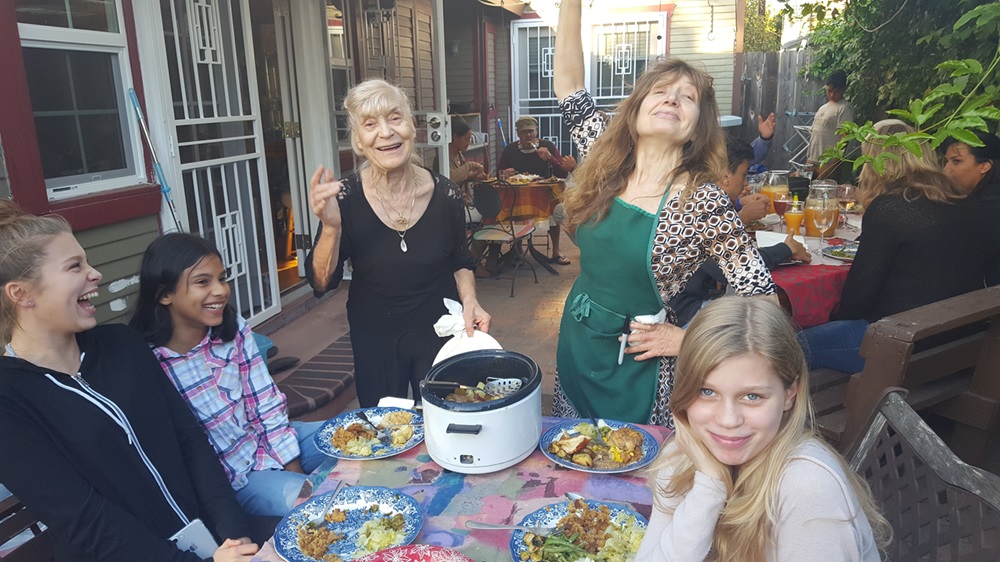Bappity Boopy, and the art of fake languages.
I can’t quite remember when it started. It might have been when I first saw La Revista Di La Television con Vinny Vedici. It’s a SNL sketch where Bill Heder plays an Italian talk show host.. When I first saw it, my jaw dropped. Rand asked if it was real Italian.
“No … it’s jibberish.”
“Seriously? It sounds just like your family.”
I wasn’t really sure how to react (and it looks like Italians themselves have mixed views on the issue). I mean, despite being totally weird and offensive, it was kind of hysterical and not entirely inaccurate. It did sound like Italian, after all. Fred Armisen, who plays one of Vinny’s crew, is my favorite – he seems to know a few words in Italian, so he ends up screaming things like, “Turkey! Turkey! There are kisses on the glasses!”
Naturally, I told my cousin Marco about it.
“It’s fake Italian. And they’re always smoking! And eating pasta!”
Cue blank stare. I’m used to things not translating well with my European friends and relatives (I’ve found that while everyone loves The Simpsons, my family and friends across the pond adore Family Guy just as much, if not more. It’s a show I can barely stand). Usually it’s simply a case of one of us “not getting it.” After talking to Marco, though, I ended up feeling more than a little awful and racist. Was Vinny truly unfunny? Had I completely offended him?
Apparently not – just a few weeks ago, Marco showed me this:
About 20 minutes were lost that evening while my husband and cousin and I kept saying, “Bappity boopy!” to one another. Rand threatened to grow a mustache. It was wonderful.
I realized that fake languages aren’t necessarily new to me. When we were kids, I’d torment Marco with what he thought were American insults, but were, in fact, cardinal directions or math equations.
Me (in English): And then I’d make a left, and walk for 25 feet …
Marco (in Italian): I’m not stupid, you know. You’re saying something terrible about me.
And every time we go to Germany, I start mumbling fake German to my husband, who studied the language for a few years. Occasionally, I’ll shout, “FRIED POTATOES WITH THURSDAY!” And he simply pats my head. He is a tolerant man.
While there are clearly areas that are off-limits, perhaps even hypocritically so, (seriously, speak fake Chinese to me, and I will slap you into next week), it seems like perhaps the art of fake languages is something universal. Just a few days ago, we were hanging out with our friend Lisa in Oslo. She told us how she and her friend went around London speaking jibberish Norweigan, and no one noticed.
“I thought, Oh my god, that’s what we sound like to you,” Lisa said, totally mortified.
So we told her about Bappity boopy. We all laughed. And admitted it sounded like Italian. Then Rand spoke fake Norwegian, and inadvertently ended up saying the world for halibut.
And I thought about how Karl Lagerfeld blames the death of the conversation on our attempts to be politically correct.
Because while fake languages are superficially offensive and racist, on a deeper level, they serve to bind us all together. They force us to look at our own languages and realize that, to someone else, it’s gibberish. They make us realize we all have accents, that we’re all difficult to understand sometimes, and that our shared vulnerability is both human and hysterical.
Bappity boopy, indeed.










Leave a Comment